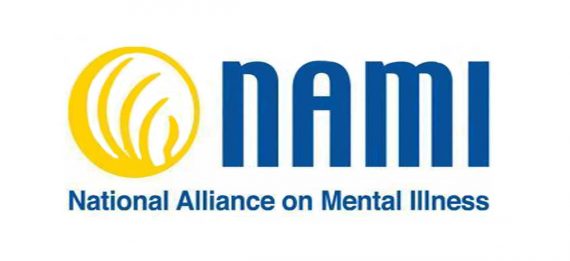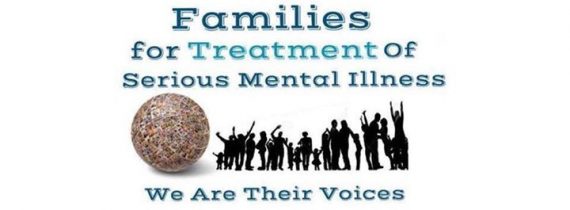
(5-18-17) Four candidates are seeking election to the National Alliance on Mental Illness national board on what they are calling a “Focus on Serious Mental Illness” platform.
They are:
- D.J. Jaffe, Nominated by NAMI of Buffalo & Erie County (New York State)
- Robert S. Laitman, M.D., Nominated by NAMI of Westchester County (New York State)
- Mary Zdanowicz, Nominated by NAMI Cape Cod & the Islands (Massachusetts)
- Lauren Rettagliata, Nominated by NAMI Contra Costa County (California)
In their five minute candidate speeches, all four said they want NAMI to focus more of its attention on adults with serious mental illnesses, defined as schizophrenia, bipolar disorder, and severe and persistent depression (known as SMIs).
Virginia has one nominee seeking election. Frankie Berger, Nominated by NAMI Central Virginia (Virginia) is not part of the “Focus on Serious Mental Illness platform.” However, in her speech she cites her concerns about the need for more services for individuals with SMI. Most of her talk is about her struggles as a youngster single-handedly being responsible for her mentally ill mother – oftentimes using babysitting money that she earned to pay household bills. You should listen to her emotional story here.)
D. J. Jaffe, author of the book Insane Consequences: How the Mental Health Industry Fails the Mentally Ill, and Mary Zdanowicz, who was executive director of the Treatment Advocacy Center for nine years, are perhaps the best known of the four hoping to change NAMI’s sixteen member board.
In their speeches, both mention that NAMI needs to do more to counter anti-psychiatry groups and actions by the Bazelon Center for Mental Health Law. (You can listen to their speeches here – Jaffe Zdanowicz.)
In an email, Jaffe wrote:
“We want NAMI to return to a focus on the four percent with serious mental illness, versus the eighteen percent of adults with any mental illness. In other words, we believe we should focus on the eleven million who are the most seriously ill versus the forty-three million with a wide range of ‘conditions’ that NAMI now claims to represent even though there are scores of other organizations advocating for them.”
I’ve felt tension before within NAMI’s ranks, but I was surprised recently when I was asked to substitute the term “mental health condition” for “mental illness” at a recent NAMI function and specifically asked to focus on “positive stories of recovery” rather than how individuals with SMIs are ending up in jails and prisons.
I have never been asked before to do this and I was astonished because “mental illness” is part of NAMI’s name.
Curious, I checked NAMI’s website and saw that the category “Mental Illnesses” had been replaced by “Mental Health Conditions,” which were identified as “ADHD, Borderline Personality Disorder, Anxiety Disorders, Dissociative Disorders, Eating Disorders, Obsessive Compulsive Disorders, Post Traumatic Stress Disorders,” along with schizophrenia, bipolar disorder, and depression.
NAMI’s website explains:
“A mental health condition isn’t the result of one event. Research suggests multiple, linking causes. Genetics, environment and lifestyle influence whether someone develops a mental health condition. A stressful job or home life makes some people more susceptible, as do traumatic life events like being the victim of a crime. Biochemical processes and circuits and basic brain structure may play a role, too.”
In the midst of all this, I was asked to help publicize a series of rallies being held on May 20th by a group called Families for the Treatment of Serious Mental Illnesses, whose organizers include NAMI members who said they felt abandoned. I was surprised at how widely that blog spread.
NAMI’s Executive Director Responds
In a telephone call, NAMI’s Executive Director Mary Giliberti, said she could not comment on specific candidates. She said NAMI has always and will always advocate for individuals with serious mental illnesses.
“If you look at NAMI’s work as a whole – our helpline, education programs and advocacy – we are the go-to organization for families and individuals with serious mental illnesses and much of our recent work has been getting our name out there so we can reach more of them as early as possible.”
She explained that NAMI broadened its mission “to reach people early because we now know that you can get better outcomes for people with serious mental illness and reduce the worst consequences if we intervene early.”




 (5-1-17) Given the
(5-1-17) Given the 

